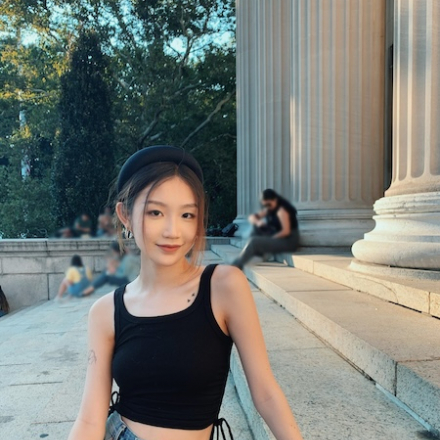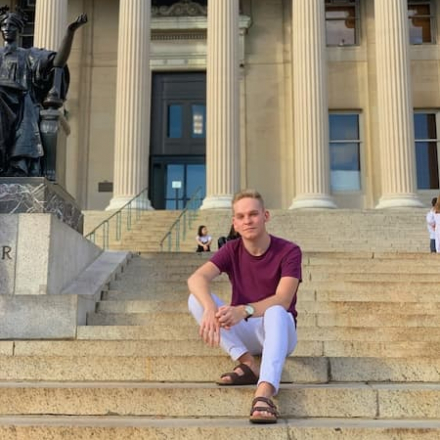At Columbia College and Columbia Engineering, we’re intentional in our efforts to welcome over 100 transfer students each year, from a range of two- and four-year institutions, and we value the unique and diverse perspectives they bring to our community.
The Core Curriculum is the cornerstone of undergraduate academic life at Columbia. Even those transferring in with advanced credit should expect to take elements of the Core, if not all of it. Students are very rarely exempt from Core classes like Literature Humanities, Contemporary Civilization, Art Humanities and Music Humanities.
Students are expected to graduate within eight semesters, including time spent at another college or university. Students are typically not permitted to extend their undergraduate studies unless they are enrolled in one of our Joint Degree programs (e.g. the Combined Plan).


